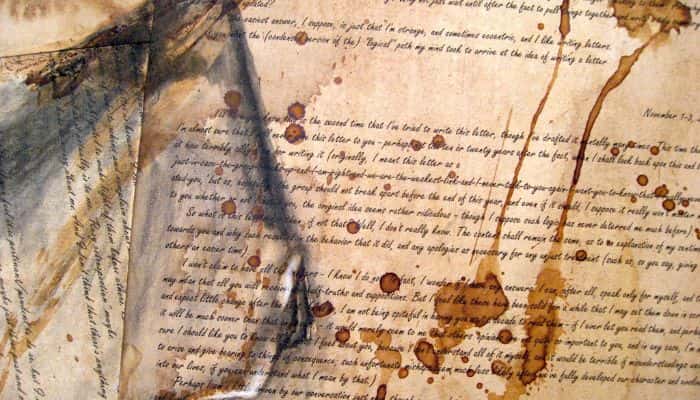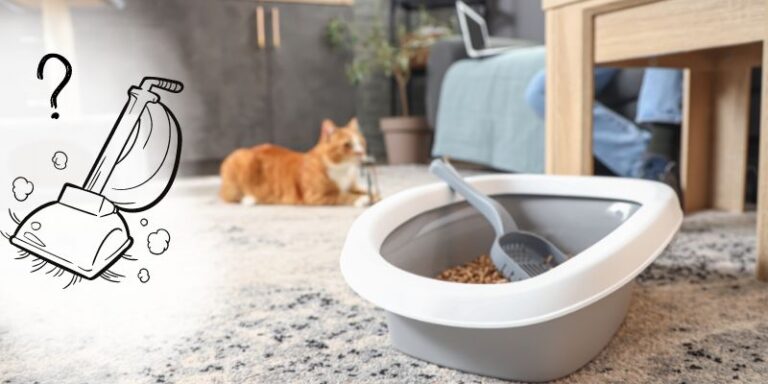Window cleaning is an essential household chore that helps to keep your home looking neat and tidy. While there are many commercial window cleaners available on the market, they can be expensive and may contain harmful chemicals.
Fortunately, making your own window cleaner at home is a simple and affordable alternative. There are several DIY window cleaner recipes that you can make at home, using common household ingredients. Here we noted…
05 Effective DIY Window Cleaner to Consider
01. Vinegar and water solution
One of the most popular DIY window cleaner recipes is a mixture of vinegar and water. Vinegar is a natural cleaning agent that can help to remove dirt, grime, and streaks from your windows.
To make this solution, mix equal parts of vinegar and water in a spray bottle. Spray the solution onto your windows and wipe with a clean microfiber cloth or paper towel.
02. Rubbing alcohol and water solution
Another effective DIY window cleaner recipe is a mixture of rubbing alcohol and water. Rubbing alcohol is a disinfectant that can help to kill germs and bacteria on your windows.
To make this solution, mix one part rubbing alcohol with two parts water in a spray bottle. Spray the solution onto your windows and wipe with a clean cloth or paper towel.
03. Cornstarch and water solution
If you prefer a natural, chemical-free window cleaner, you can use a mixture of cornstarch and water. Cornstarch is a natural abrasive that can help to remove stubborn stains and dirt from your windows.
To make this solution, mix one tablespoon of cornstarch with one quart of water in a spray bottle. Shake the bottle well and spray the solution onto your windows. Wipe with a clean cloth or paper towel.
04. Lemon juice and water solution
If you want a window cleaner with a fresh, citrus scent, you can make a solution with lemon juice and water. Lemon juice is a natural degreaser and can help to remove tough stains and grime from your windows.
To make this solution, mix one tablespoon of lemon juice with one quart of water in a spray bottle. Shake the bottle well and spray the solution onto your windows. Wipe with a reusable towel.
05. Dish soap and water solution
Finally, you can make a simple and effective window cleaner with dish soap and water. Dish soap is a powerful cleaning agent that can help to remove grease, dirt, and grime from your windows.
To make this solution, mix a few drops of dish soap with warm water in a spray bottle. Shake the bottle well and spray the solution onto your windows. Wipe with a clean cloth.
Note: Despite all of these homemade cleaning solutions, there are many commercial cleaners available in the market. If you are in hurry or don’t want to invest your time to make DIY cleaner you can choose a commercial window cleaner to keep your house fresh and clean.
Conclusion
Making your own DIY window cleaner is a simple and affordable way to keep your windows looking clean and streak-free. By using natural, household ingredients, you can avoid harsh chemicals and reduce your environmental footprint. Experiment with these recipes to find the one that works best for you and your home.



